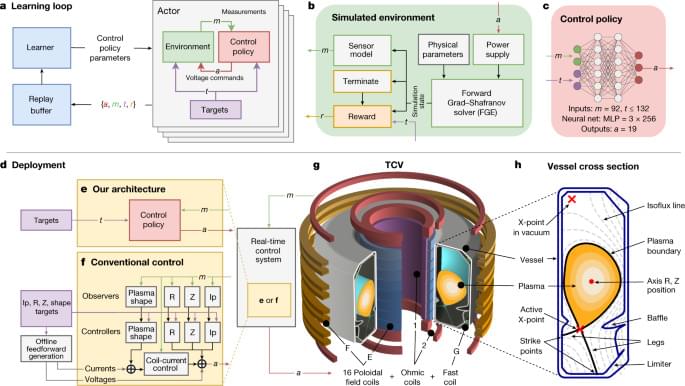The farthest known quasar challenges ideas about how the first supermassive black holes in the universe formed.





Electronic components applied to implement IoT based smart farming systems, ranging from processors, sensors, signal conditioning, power management, connectivity, and positioning.
The IoT systems in smart farming have been depicted in six main sections by EET India, which are processors, sensors, signal conditioning, power management, connectivity, and positioning. Common use cases like automatic fertilization, automatic irrigation, crop management, precision farming, and livestock monitoring all can be realized through IoT systems. After sensors detect the environmental phenomena and target objects, the information will be transmitted to controlled processors through wireless connectivity. Then, the processors can collect and analyze these data, or even help farmers with further decision making.
Fig. 1 An IoT system in smart farming (Source: EET India, TECHDesign)

Also read: IIT delhi built solar panels that track sun’s movement to generate more electricity.
However, now an engineer from the Philippines has developed a new kind of solar panel that doesn’t really need sunlight to generate electricity. At least not directly.
Developed by Carvey Ehren Maigue, a student at Mapua University in the Philippines, the novel solar panels (called AuRES) are designed to feed off the UV rays of the sun — something that even dense cloudy days cannot block.

We construct quantum algorithms to compute physical observables of nonlinear PDEs with M initial data. Based on an exact mapping between nonlinear and linear PDEs using the level set method, these new quantum algorithms for nonlinear Hamilton-Jacobi and scalar hyperbolic PDEs can be performed with a computational cost that is independent of M, for arbitrary nonlinearity. Depending on the details of the initial data, it can also display up to exponential advantage in both the dimension of the PDE and the error in computing its observables. For general nonlinear PDEs, quantum advantage with respect to M is possible in the large M limit.
The US National Transportation Safety Board (NTSB) says it is investigating the February 16 crash of a Joby Aviation air taxi prototype in Jolon, California.
The experimental air taxi was being piloted remotely when it went down during a flight at the company’s test base on Wednesday. According to a preliminary report by the FAA, no injuries have been reported.



We’ve just taken another step closer to time crystals that can be used for practical applications.
New experimental work has yielded a room-temperature time crystal in a system that is not isolated from its ambient surroundings.
This, the researchers say, paves the way for chip-scale time crystals that can be used in real-world settings, away from expensive laboratory equipment required to keep them running.